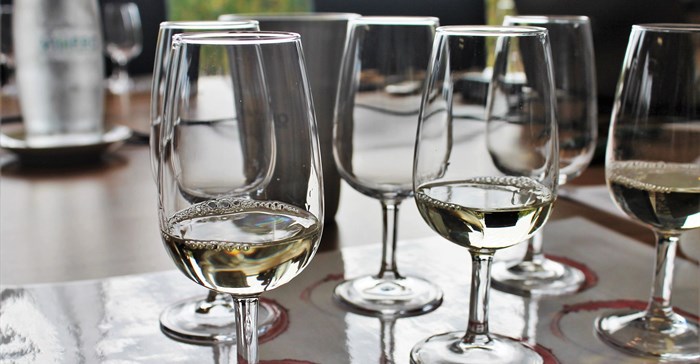
Top stories






More news

















Logistics & Transport
Uganda plans new rail link to Tanzania for mineral export boost







“We produce between 50 and 60 experimental wines every year, all part of the clone evaluation process. The feedback from the tasters gives us a good indication of quality and consumer appeal. If the wine meets these requirements, we propagate these cultivars and clones and distribute it commercially.”

Vititec imports specific clones to broaden the clone spectrum in the wine industry, as well as at the request of producers. Since 2007 Vititec has started to import more cultivars from the Mediterranean regions as these cultivars are more drought resistant and more fitting to the South African climate and terroir.
The wines from the clones are made on a small scale – approximately 20kg of grapes from each cultivar – by Edmund Lakey from the University of Stellenbosch at the Department of Viticulture and Oenology.
According to Visser, three criteria are of utmost importance during the Vititec clone tasting, namely the specific character of the wine (berry/cherry/plum/dry fruit, etc.), the intensity of the character (from fairly undetectable to prominent), as well as the quality of the wine.
“I have faith in Vermentino, Piquepoul Blanc and Macabeu. These cultivars will do really well in our white blends in the long term,” said Rosa Kruger, viticulture consultant. “South African wines have always lacked acidity and Piquepoul Blanc will definitely give us what we’re looking for. Macabeu is another cultivar that will fit in perfectly in the South African context. This cultivar ages well and gives a great mouthfeel.”
The group tasted Piquepoul Blanc clone 463, Macabeu clone 1025 and Vermentino clone 856.

“The Vermentino is an excellent wine. The heat that this cultivar can withstand has impressed me this year. This cultivar will go far in South Africa,” said Francois Viljoen, manager of Vinpro’s viticulture consultation service.
“The Sangiovese clone 24 B is an outstanding example of what Sangiovese has to offer. Last year the wine made from this clone received the highest score ever during these clone tastings. This year’s example is just as good,” says Nico Spreeth, Vititec CEO.
Vititec delivers more than 90% of the scion plant material and nearly 50% of rootstock plant material to the South African wine industry. Clones are imported from France, Italy, Greece, America and Germany and propagated in the Paarl nucleus unit, after which they make their way to the foundation blocks in Stellenbosch, Piketberg, Graafwater and Clanwilliam.
“These specific premises are selected away from commercial farms to prevent the risk of virus infection,” says Visser. “The wines we tasted today are produced from grapes in these foundation blocks.”
“At Vititec, we set new global standards for plant material,” says Nico. “This tasting does not only aim to increase the clone and cultivar spectrum of the South African wine industry but also ensures that we stay abreast of trends in the Southern Hemisphere.”
Vititec is an affiliate of Vinpro and situated in Paarl, with premises in Vredendal and Grondves just outside Stellenbosch. The company’s daily operations include the development, production, marketing and supply of viticultural and oenological selected plant material in the form of grafted vines and vine plant material suitable for grafting.